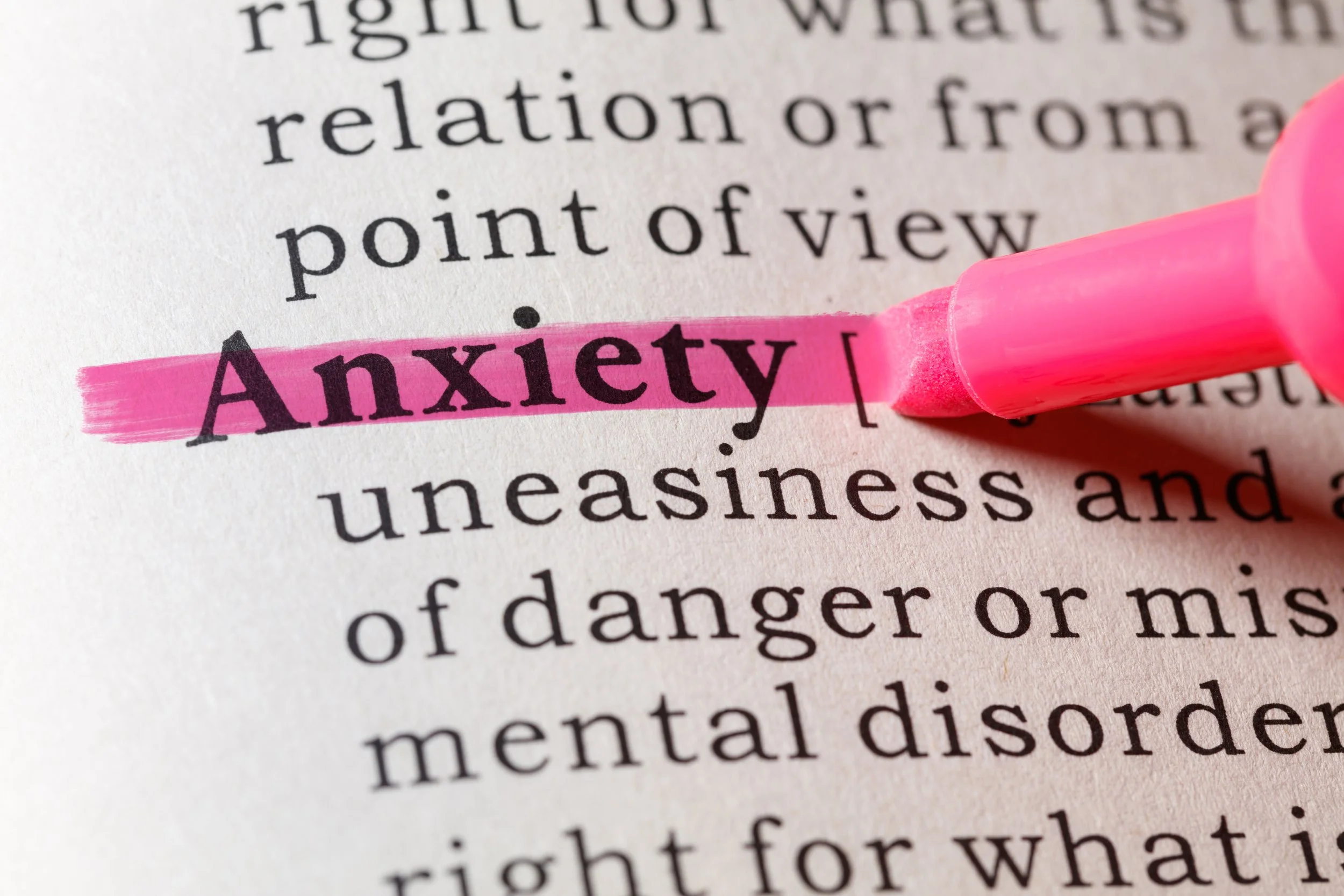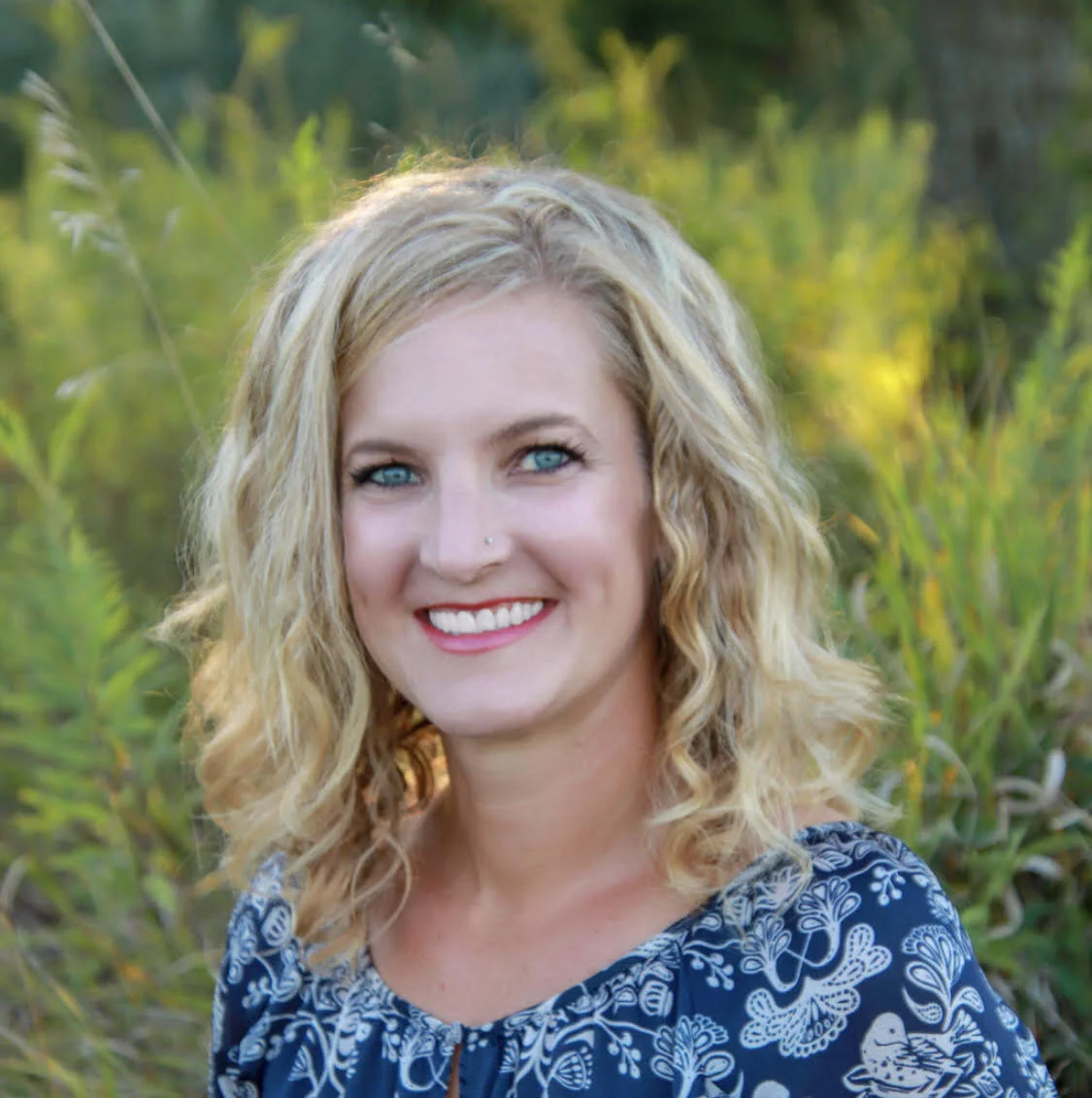
Understanding Anxiety: A Survival Signal, Not a Flaw
Anxiety is universal. Even those who seem cool, calm, and collected experience it. And for good reason — anxiety is necessary for our survival. That’s right: anxiety is necessary.
Is it pleasant? No.
Fun? Not really.
Embarrassing? Sometimes.
But it’s also unavoidable, necessary, and even useful.
The goal isn’t to eliminate anxiety. It’s to understand it, tolerate it, and even use it to our advantage when it shows up.
Anxiety is universal. Even those who seem cool, calm, and collected experience it. And for good reason — anxiety is necessary for our survival. That’s right: anxiety is necessary.
Is it pleasant? No.
Fun? Not really.
Embarrassing? Sometimes.
But it’s also unavoidable, necessary, and even useful.
The goal isn’t to eliminate anxiety. It’s to understand it, tolerate it, and even use it to our advantage when it shows up.
What Exactly Is Anxiety?
Anxiety is our body’s built-in alarm system. It’s the tingle in our toes, the butterflies in our stomach, the sweating, the quickened breath. These physical reactions are our body’s way of saying:
“Hey, pay attention! Something’s going on here.”
Think about our ancient ancestors. Anxiety helped them survive in dangerous, unpredictable environments. Imagine hunting for food — you had to stay alert and aware of every sound and movement. That tingle on the back of your neck could mean the difference between life and death. The racing heart, the adrenaline rush — all of it prepared the body to fight, flee, or freeze.
Thankfully, most of us aren’t dodging predators these days. But our modern “threats” — social situations, deadlines, tests, uncertainty about the future — trigger the same biological response.
Anxiety isn’t a character flaw or personal weakness; it’s biology. We are literally wired to survive. So if you’re one of the “lucky” ones who feels anxiety strongly, give your body a high-five — it’s just doing its job.
When Anxiety Overreacts
Sometimes, though, anxiety misfires. It warns us of danger when there isn’t any. It convinces us to avoid things we actually want to do. It makes us feel stuck, small, or alone.
But here’s the key: anxiety is a messenger, not the enemy.
Once we understand that, we can start building tolerance.
Breaking the Cycle of Avoidance
When we feel anxious or uncomfortable, our instinct is to avoid whatever’s causing it. Avoidance gives us temporary relief — we feel better for a moment, so our brain learns, “Ah, that worked!”
Unfortunately, this reinforces the idea that the situation was dangerous. The next time we face something similar, the anxiety hits even harder. This creates a cycle of anxiety → avoidance → more anxiety.
To break that cycle, we have to do something counterintuitive:
Face the discomfort — on purpose.
Building Tolerance Through Practice
One of the most effective ways to manage anxiety is to increase our tolerance by gradually placing ourselves in anxiety-provoking situations.
Yes, it’s uncomfortable — but that’s the point. Growth always feels that way at first. When the anxiety rises, remind yourself:
“I can handle this. This isn’t actually dangerous.”
Try small “comfort zone challenges” to build that muscle:
Start a conversation with a stranger.
Try a new hobby that feels intimidating.
Attend an event alone.
Share your opinion.
Take a cold shower.
Wear something you wouldn’t normally wear.
As you do, notice what happens in your body — where you feel the tension, what thoughts arise. Then, a few minutes later, notice how the intensity starts to fade.
You’re surviving the moment — and that’s how tolerance grows.
The Bottom Line
Anxiety isn’t a flaw to fix — it’s a signal to understand. When we learn to listen to it, tolerate it, and move through it, we reclaim our power.
Anxiety may never disappear entirely, but it doesn’t have to control your life. You can coexist with it — and even thrive because of it.
Would you like some more support to guide you through your recovery? Reach out to our office today and make an appointment.
We Are Growing! Meet Our New Counselors
2020 has been a very challenging year for the mental health of our community. Mental Health America reports that anxiety and depression rates have increased at an alarming pace, self harm and suicide are on the rise, people are struggling more with isolation and loneliness, and rates of anxiety, depression, and suicidal ideation are increasing for people of all races and ethnicities.
We Are Growing! Meet Our New Counselors
2020 has been a very challenging year for the mental health of our community. Mental Health America reports that anxiety and depression rates have increased at an alarming pace, self harm and suicide are on the rise, people are struggling more with isolation and loneliness, and rates of anxiety, depression, and suicidal ideation are increasing for people of all races and ethnicities. Numbers demonstrate that from January through September, pandemic enduring youth ages 11-17 have been more likely than any other age group to report moderate to severe symptoms of anxiety and depression and have the highest rates of suicidal ideation, especially LGBTQ+ youth. The number of youth reaching out for help is also increasing. Black or African Americans report the highest average percent change over time for anxiety and depression, while Indigenous Americans have had the highest average percent change over time for suicidal ideation.
We are very excited to announce that two seasoned counselors have joined our practice! Our hope is that we are able to support even more people who are struggling during the pandemic through this expansion, especially youth, families, and adults.
Erica Ray, M.Ed., LCPC, earned her Master of Arts in Education, School Counseling, from The University of Akron. She brings to our practice her experience with counseling in a school setting, developing wilderness experiences for at risk youth, therapeutic boarding school programming, collaborating with the Department of Child and Family Services, and has training in Trauma Focused CBT. Her client areas of focus are school aged children, teens, and adults. She has full time hours available to see clients.
Jayshree Panchal, MA, LCPC, graduated from Bradley University with a Master of Arts in Human Development Counseling. She brings many years of experience counseling adolescents, college students, and adults. She uses trauma informed approaches to treat grief and loss, improve relationships, assist with college preparation, and enhance career development. She has practiced in many settings, including schools, career centers, hospital units, and community mental health. She is practicing with us part time on evenings and weekends.
Please join us in celebrating this milestone for our practice. We know it is harder right now to find a counselor who is taking new clients because of the pandemic increasing the demand for services. If you are interested in scheduling a counseling session for yourself or your child, give us a call today at 309-713-1485 or email info@summitfamily.net.




